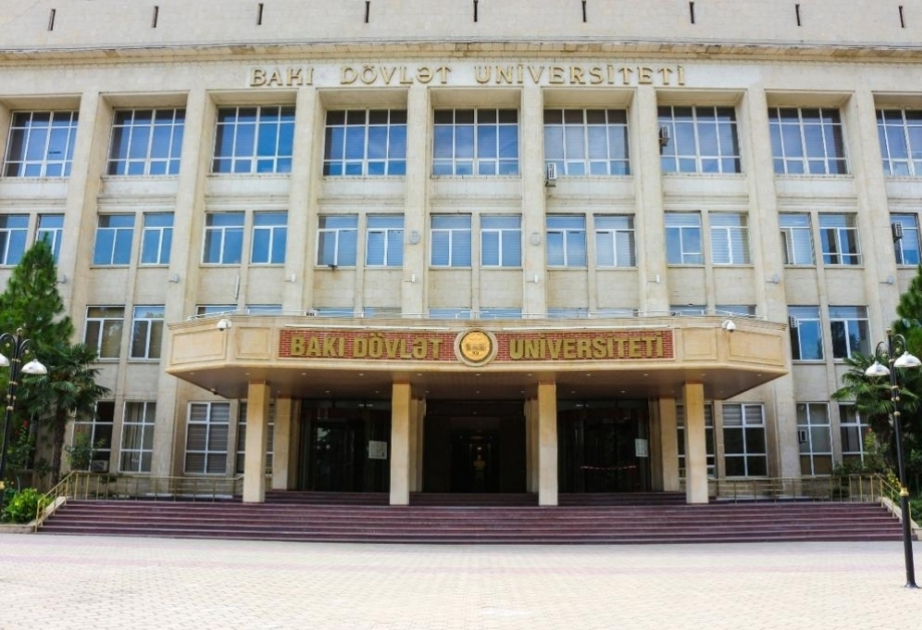In recent years, Azerbaijan has experienced a significant decrease in rainfall, which has had a detrimental effect on the country's agricultural sector, Report informs.
According to Mukhtar Babayev, the COP29 President-designate and Azerbaijan's Minister of Ecology and Natural Resources, the average rainfall in Azerbaijan has reduced by nearly 10% over the past few years. This has directly impacted crop yields and harvest volumes, posing a serious challenge to the country's economy, as more than a third of the employed population works in agriculture.
In addition to the agricultural concerns, the Caspian Sea, known for its unique ecosystem, is also facing the consequences of climate change. The falling water levels in the Caspian Sea are having a profound impact on marine and coastal ecosystems, biodiversity, and coastal infrastructure.
Minister Babayev emphasized the need for action to address these pressing issues.
The minister warned that climate change is expected to cause large-scale droughts 100 times more frequently, and a 2C rise in global temperature could lead to an additional 200 million people facing hunger.
"This would put immense pressure on water and agricultural systems worldwide," the minister said.




















